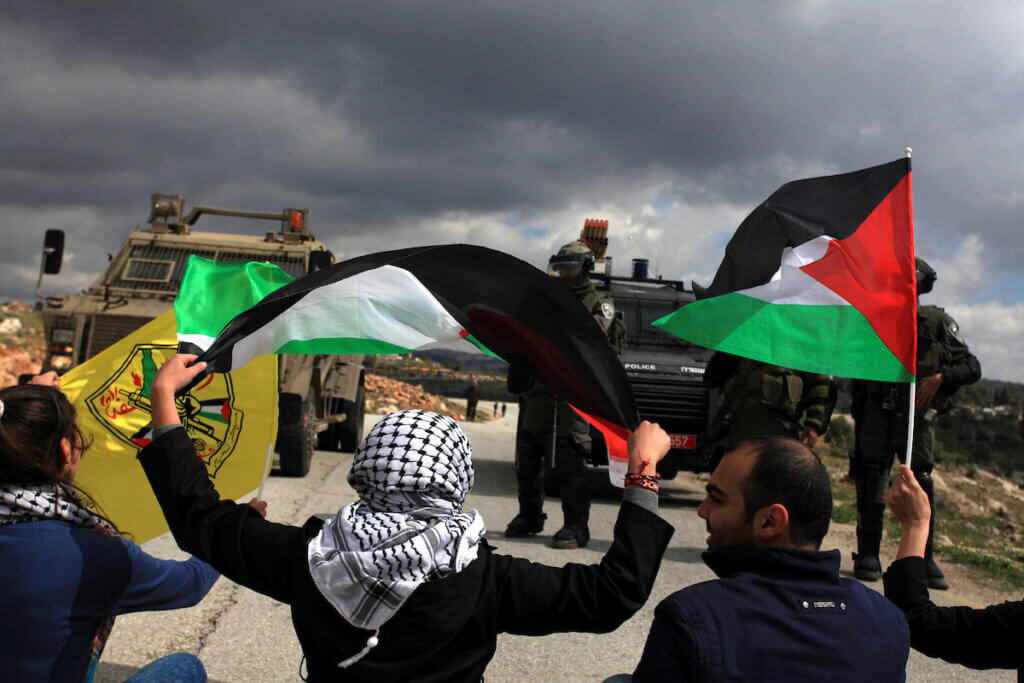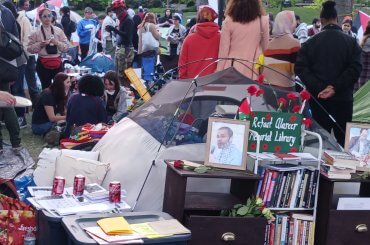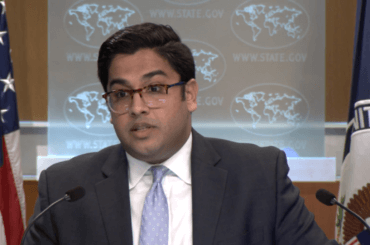Unlike most of my Palestine Letters for Mondoweiss, which are often reflections, I am sharing a series of moments this time.
I remember once, an older man, a stranger to Palestine and the Palestinian condition, looked at me and said, “Goddam, and you’re 18?! What the hell was I doing at 18? Smoking weed and partying.”
I didn’t understand his statement until it returned to me more than a decade later. I hardly remember the features of the man that said it to me. I remember I was in Nabi Saleh for some activity against settler annexation. Nabi Saleh was my initiation to the Palestinian sense of confrontation. And to hope.
Before I joined demonstrations at Nabi Saleh and was introduced to beautiful families and children that are now young adults, I only knew Palestine through the experience of oppression. I knew Palestine as the place where dreams die, and we die. It was the graveyard, not the homeland.
In Nabi Saleh, I learned about confrontation. For the first time in my life, I learned that I can fight back. For the longest time, I had conceived resistance as survival — to be unthreatening, easy on the eye, not intimidating, and smile to the soldiers. Perhaps, it is the human condition to try to see ourselves in others, thinking that maybe the soldier would decide, “You can pass.”
In Nabi Saleh, I learned that the soldier attacking me would not be allowed to do so without – at the bare minimum – a scream.
What the hell was I doing at 18?
The statement, and its flood of epiphanies, came back to me after twelve years, as I am now two months from turning 30.
Between my introduction to fighting back and my 29th year, during which at least four comrades have been killed, most of my friends- and myself- have been arrested and abused by Israeli soldiers and police at least once. Some of us have multiple times. Many comrades ran far away. I could not handle this space, and I commend them for breaking away or trying to break away from such a perverted place.
Then came my personal intimacies. A few heartbreaks, almost flunking out of undergraduate school, getting my MSc from a top university, an entry into journalism, a departure, the assassination of Shireen Abu Akleh, returning to journalism, covering a war, meeting a resistance fighter, who was then soon executed at 28 years old.
What was I doing at 28 years old? Overcoming a heartbreak. The fighter I met was on the run for his life, and he failed at surviving the assassins.
What were you doing at 28?
It was his final year, and Nidal Khazem spent it on the run for his life. In a single instance, perhaps a naive moment of confidence. Perhaps a final rupture of breaking a chain. The decision to leave the refugee camp’s prison walls.
All we learned on the day of his execution was that the slaughterhouse is inescapable. What his father learned that day, are all the ways his son’s twenty-eighth year could have been otherwise.


